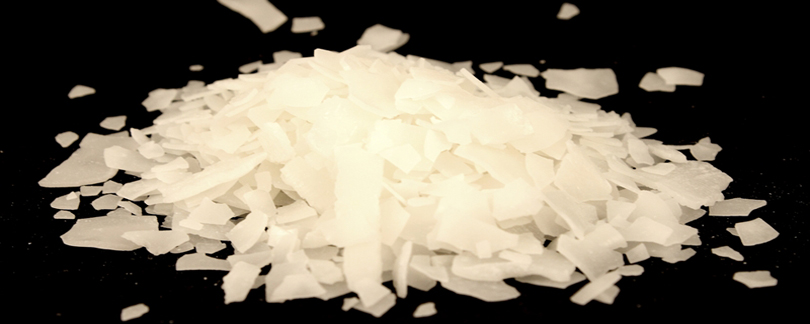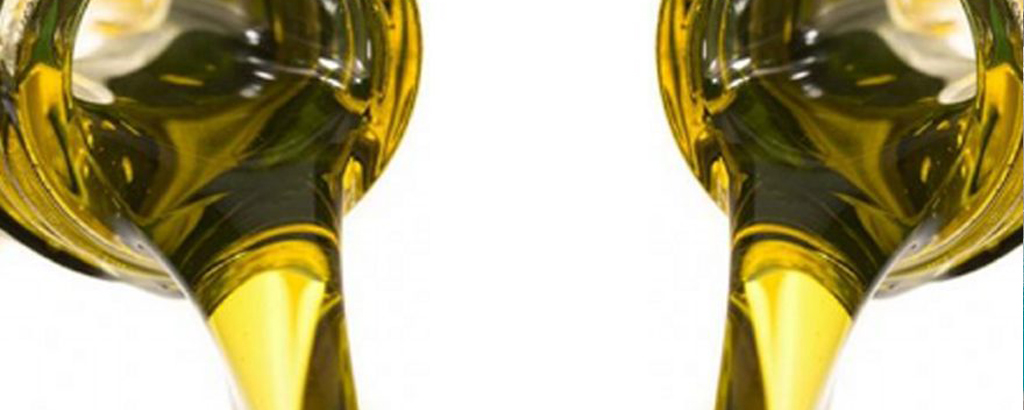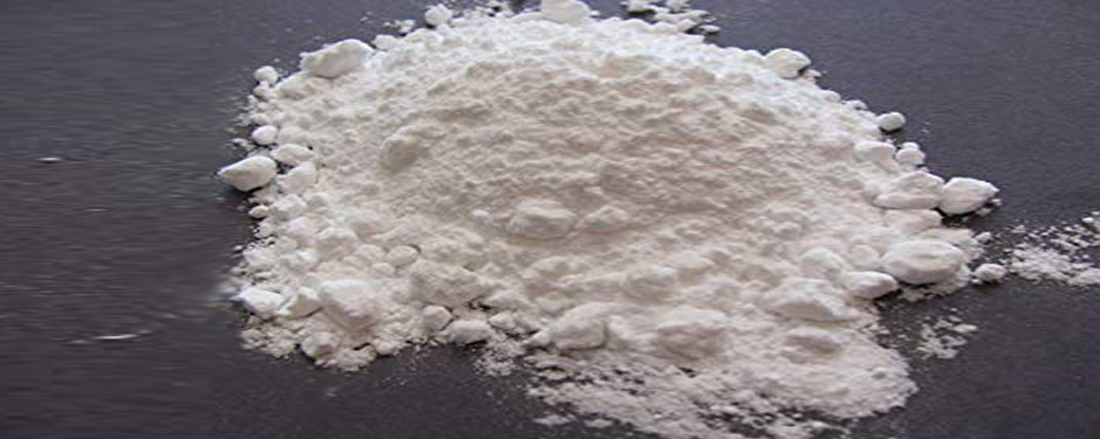SODIUM ALGINATE LOW VISCOSITY
The low-viscosity properties of sodium alginate may affect the viscosity of a prepared alginate impression material. For the manufacture of alginate impression materials, the viscosity of sodium alginate must be ≥300 mPas (moderate viscosity) . Viscosity is related to the fluidity of a liquid.
Incompatible with strong oxidizing agents, acids and bases.
A gelling polysaccharide extracted from giant brown seaweed, it is useful in viscosity studiesAlginic acid sodium salt is widely utilized in the food industry as flavorless gum which enhances viscosity and acts as an emulsifier. It finds application as a thickener for reactive dyestuffs which is used in textile screen printing and carpet jet-printing. It is used as indigestion tablets and for the preparation of dental impressions. As a polymer, it combines with chitosan to synthesize a biodegradable porous scaffold which is useful for tissue engineering applications. It acts as a food additive and is used in production of gel-like foods such as baking. It is also used for encapsulating agents of microparticles of beta-galactosidae and in the preparation of alginate hydrogels with tunable mechanical properties.
Each 10 ml dose contains sodium alginate 500 mg, sodium bicarbonate 213 mg and calcium carbonate 325 mg









